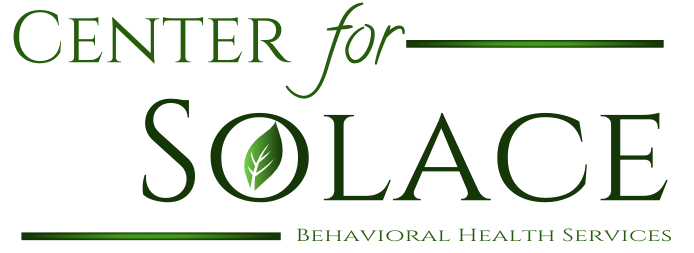
Emily deTar Gilmartin BS, Masters Candidate
Internship
- Emily is fulfilling internship hours towards the degree of Masters of Arts in Marriage and Family Therapy from Gonzaga University.
- Emily is enrolled in a CACREP-accredited program
Population Specialty
- Adolescents (15-18)
- Adults
- Couples
- Families
Treatment Interests
- Trauma and PTSD
- Relationship Issues
- Life Transitions
Future Training Interests
- Motivational Interviewing
- Lifespan Integration
- Sex Therapy
- EMDR
Population Ally
- Body Positivity
- Cancer
- Immuno-disorders
- Open Relationships/Non-Monogamy
- Sex-positive, kink allied
- Single mothers
- Veterans
About Emily
Emily is a graduate student working towards a Masters of Arts in the Marriage and Family Therapy program at Gonzaga University. She receives weekly supervision by her university professors and directly supervised by Site Supervisor and Senior Therapist, Ricky Sullivan-Hurt, LMHC, NCC. Emily is practicing under the license of Mr. Sullivan-Hurt who is licensed in Washington as a Mental Health counselor. While Emily is new to the field of Mental and Behavioral Health, she is not new to the the human service profession. Prior to enrolling in her current graduate program, Emily has worked around the globe, in such places as Athens Greece and London, England as a volunteer for several organizations, the most recent, Food Not Bombs. She worked as a Assistant Teacher in Paris France, and a nanny in Wexford Ireland. Emily has also published in Multilingual Magazine. Emily earned a BS in Psychology from the University of Idaho in 2021.
Emily enjoys working with individuals or couples who are struggling to work through finding security in their attachment to others. She helps her clients comes to terms with the traumas, struggles or life crises that had a great impact on their sense of self, identity and their need for love and belonging. Emily helps her clients through a Person-Centered and Existential Theoretical approach that blends a safe and nurturing therapeutic relationship with the client's own strengths and values.
Emily's Interest Areas
- Anxiety
- Career Counseling
- Codependency
- Coping Skills
- Depression
- Divorce
- Grief
- Infertility
- Infidelity
- Life Coaching
- Life Transitions
- Marital and Premarital
- Parenting
- Relationship Issues
- Self-Esteem
- Sex-Therapy
- Stress
- Suicidal Ideations
- Trauma and PTSD
- Women's Issues
A Message from Emily
No matter who you are, I am happy you are here and proud of you for seeking out therapeutic support! To confront the conflict, pain, or dysfunction you are dealing with –regardless of if it is fresh or a repeating pattern–is brave, healthy, and worthy of support from a counselor who will hold you with absolute nonjudgment, with respect, and with unconditional empathy.
Within my personal theory about counseling I aim to support individuals and couples dealing with conflict; to help remove the burden of shame from individuals whose personal traumas have interrupted their ability to enjoy intimacy and deep, lasting attachments with others; and to help individuals and couples struggling with sudden change or identity crises to feel like they have control over the new and real them that is emerging.
There is a chasm between knowing something needs to change and knowing where to start, and I want to be there to help guide that process. The theories I tend to look to in order to provide that are Attachment Theory, Existential Theory, and Person Centered–all of which emphasize your choices, your support system, how the past might be interrupting your growth now, self-awareness before action, a demand for authenticity from both of us, and my responsibility to provide a growth-promoting climate.
It is my desire that through my application of these theories and with our mutual respect and transparency with one another that our therapeutic relationship will give you a sense of possibility, hope, and authenticity, and that from that supported and hopeful place you will grow at the pace that is best for your longterm mental health, self-knowledge, and relationship goals.
